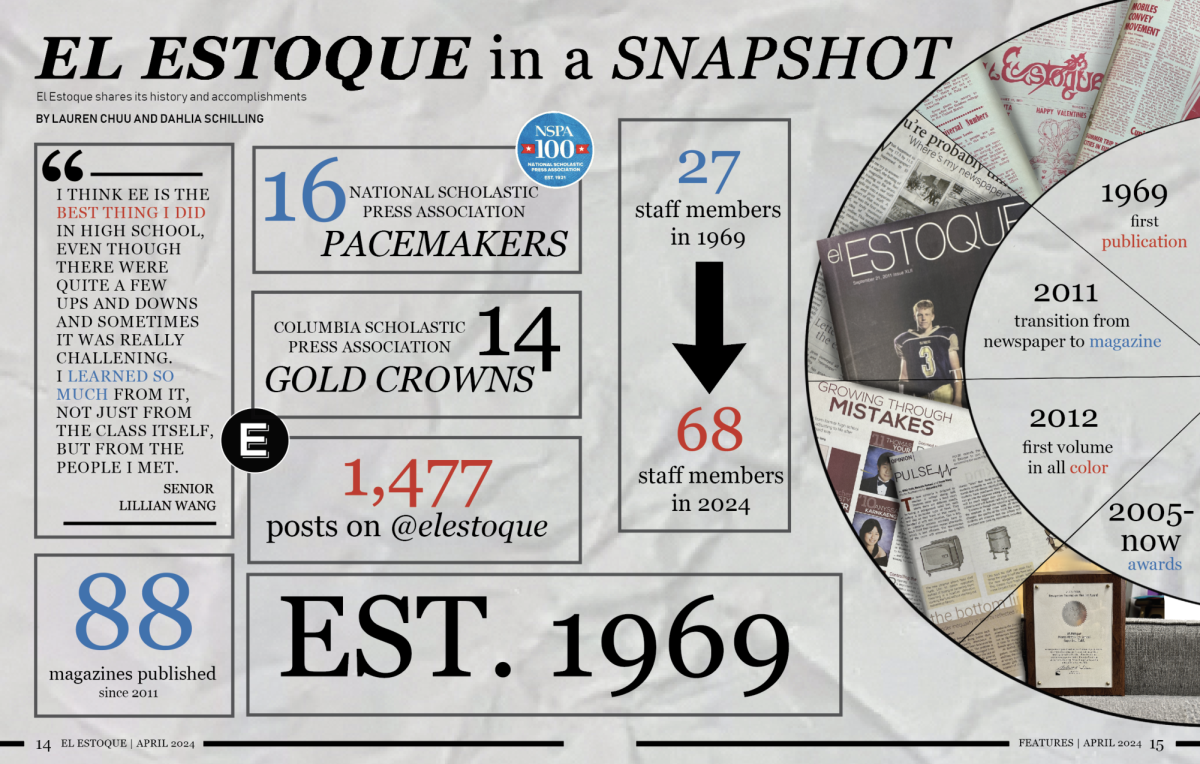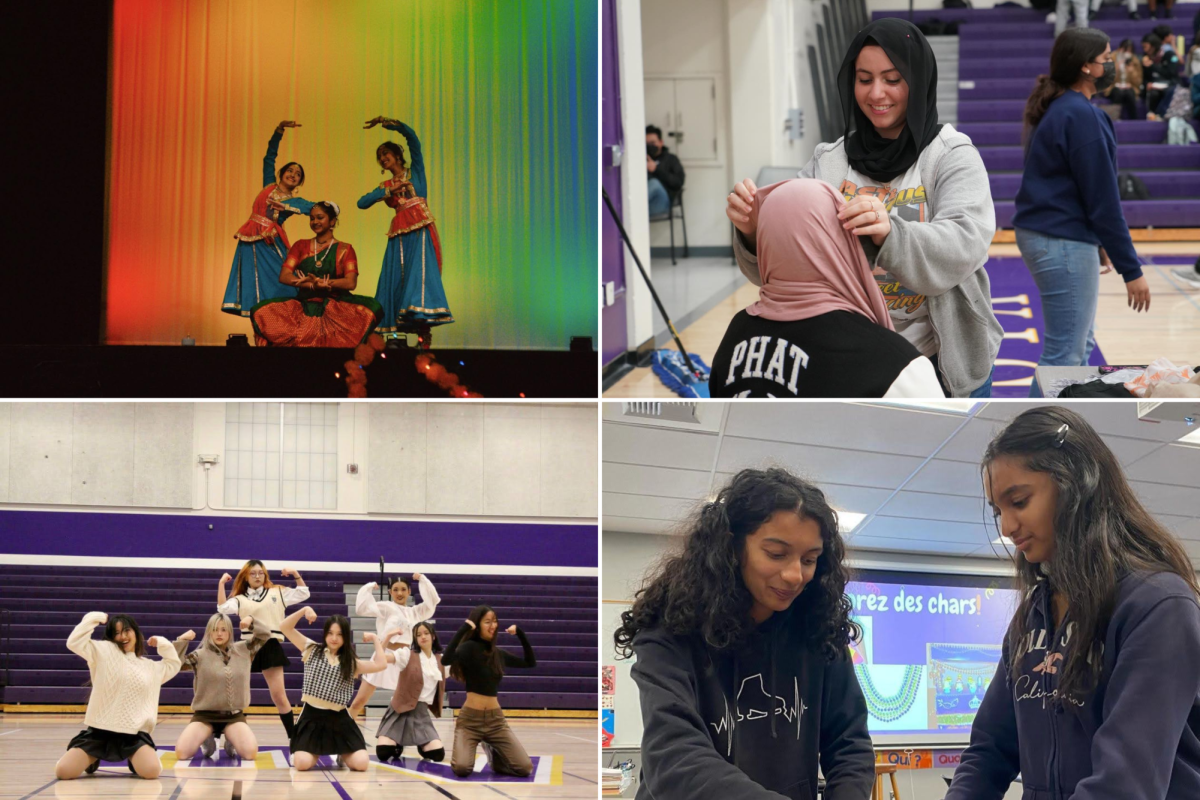Code and its rules and regulations have become a fundamental feature of the modern age. The close proximity that Cupertino shares with major technological corporations makes the digital world an almost inseparable part of daily life. But even with the large volume of exposure, the intricacies of programming still lies shrouded in mystery to the average high school student.
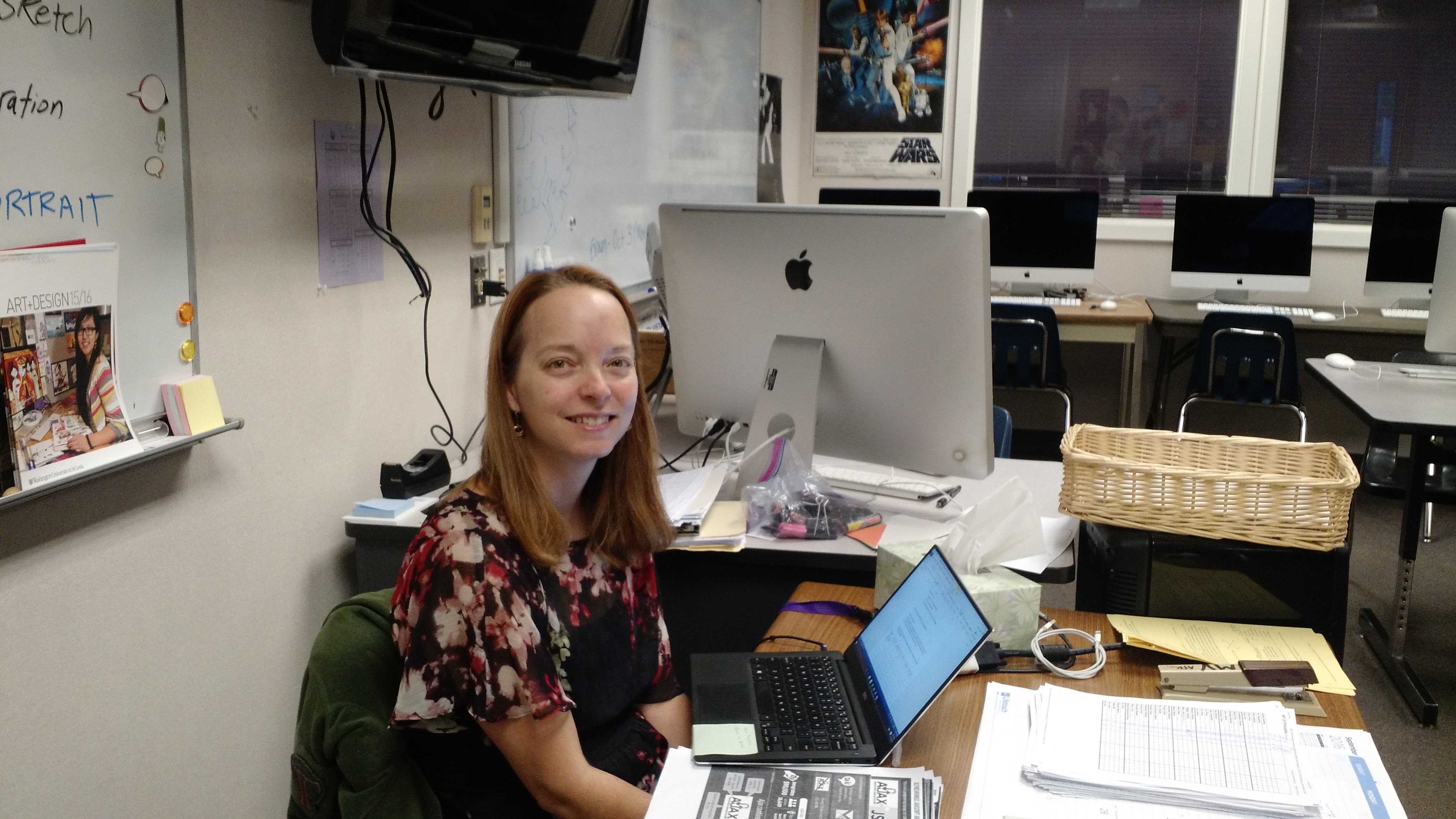
AP Computer Science Principles teacher Debbie Frazier has had a passion for the programming world since her elementary school life. She remembers succeeding in third grade with her class’s robotic turtle that inspired her to pursue coding throughout her college life.
“When I was in third grade, we had a turtle, a robotic turtle in our classroom. It was this classic LOGO [a programming language] example, where you can program the turtle to write your name with a pen,” Frazier said. “I was the only one to get it to work on the first try, and my name was the longest of everyone’s in the class.”
Frazier thinks that the two greatest lessons students learn from coding are seeing the patterns that can be found in the real world and knowing what to do when faced with complex situations.
“I see a lot of students growing in terms of organization because they grow to realize that something really abstract is really made up of these finite pieces of data,” Frazier said. “I think it forces students to think about anything abstract . . . as really being lots of little pieces that then come together with rules.”
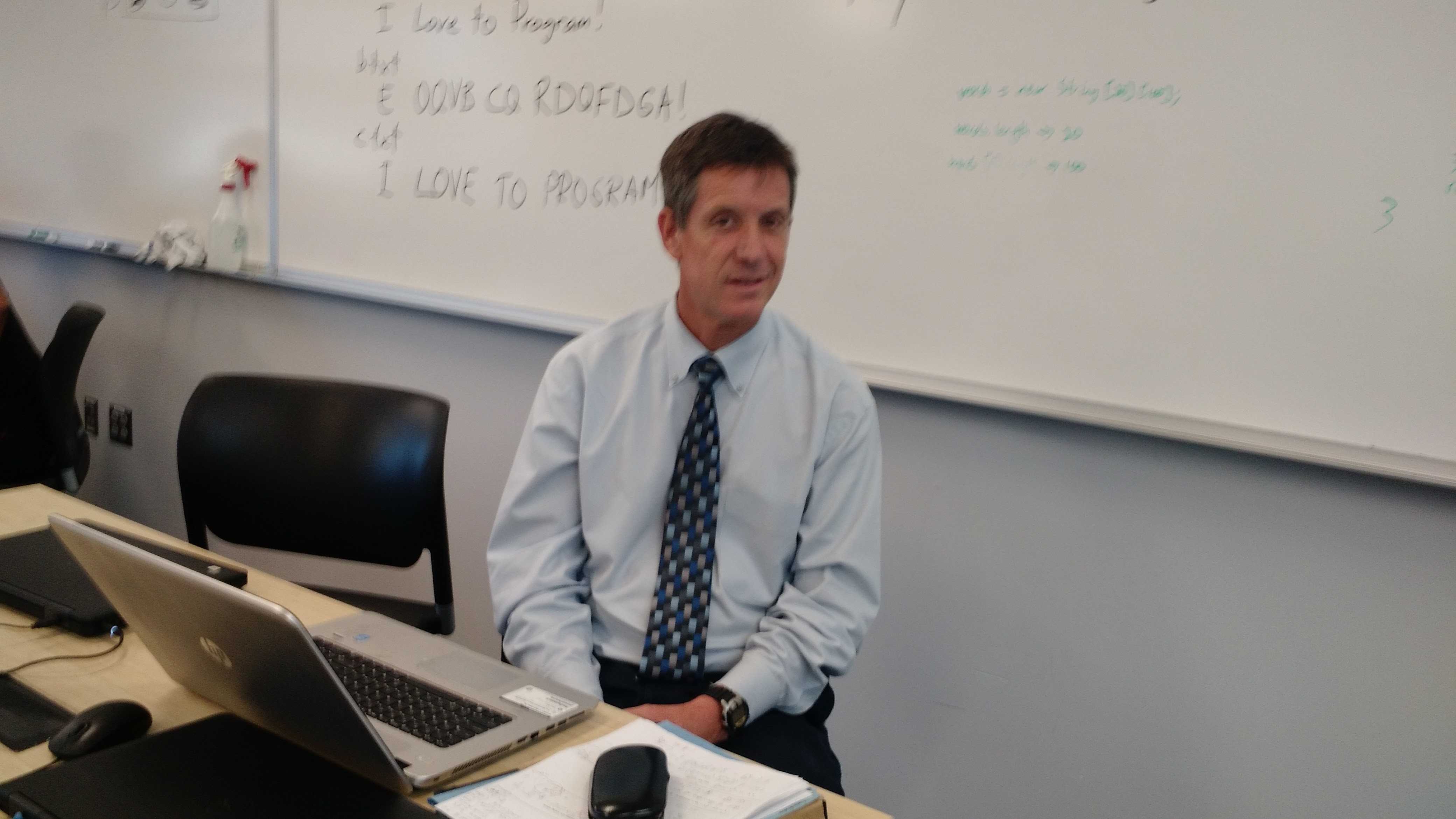
AP Computer Science B/C teacher Scott DeRuiter learned the coding language Pascal throughout his high school and university career. He is supportive of the interest that people take in coding, but he still recommends that people take classes in order to truly learn.
“There are places you can go now online and you can learn some elementary, rudimentary coding skills,” DeRuiter said. “There’s HackerRank, there’s Code.org, there are other sites that are like that where you can start from the basics and build your skills. [But] I would recommend that they wind up in a situation where they’re learning day-to-day with an instructor. There has to be that sense of urgency in order for you to make progress and to learn things.”
An important part of coding, DeRuiter thinks, lies within recognizing how it can apply to day-to-day living. Because technology is everywhere in Cupertino, DeRuiter believes that knowing the basics of coding will help people understand more about the digital landscape.
“A lot of students in Cupertino have cell phones, a lot of students have laptops [and] a lot of students have access to technology,” DeRuiter said. “I think being digitally literate is very important, as it’s possible that you can be hacked, that personal information can be gained, and I think learning the basics of coding is an important part of [that] digital literacy.”
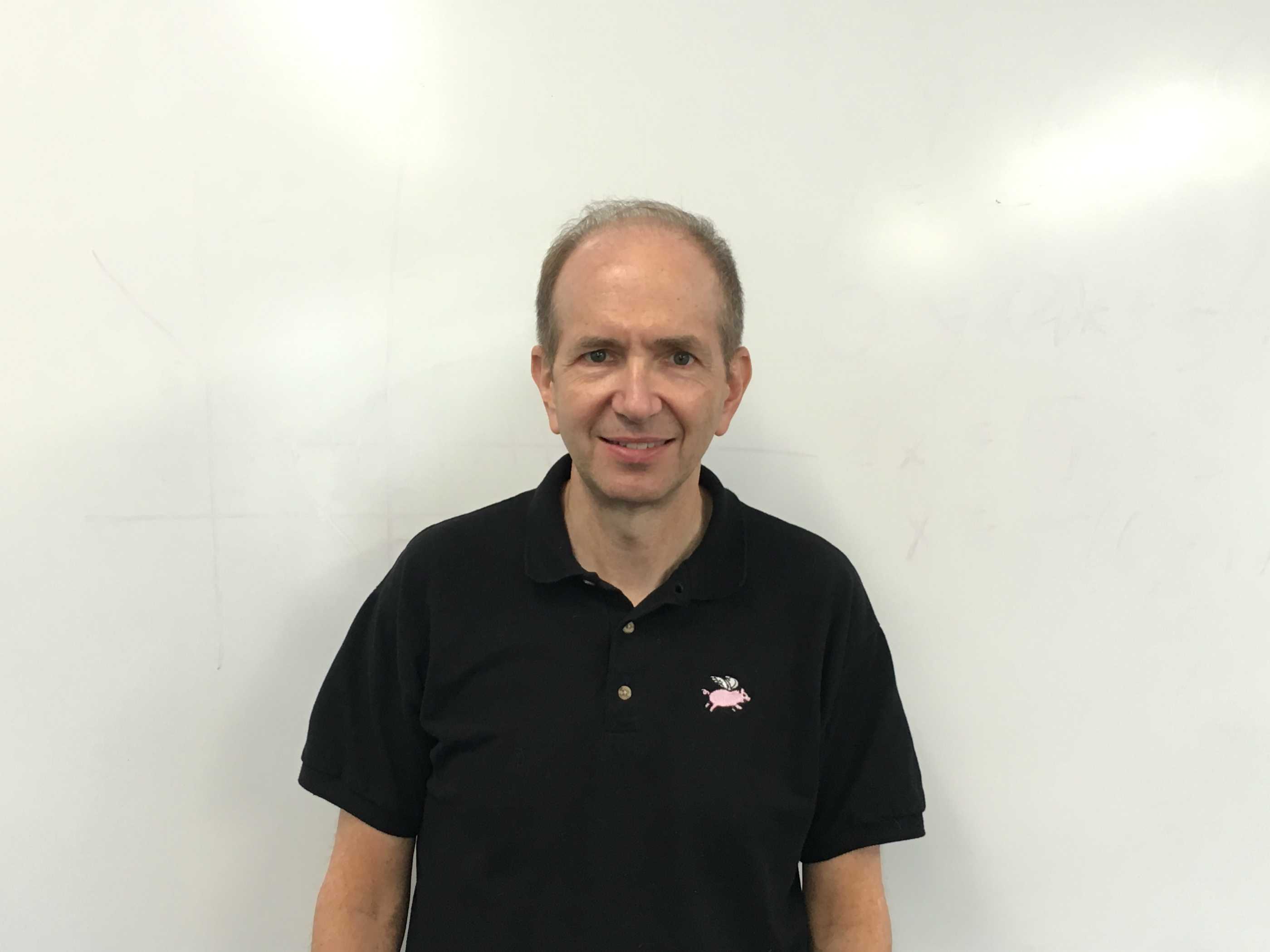
AP Computer Science A/B teacher David Greenstein has worked with the earliest computers when they were still a closely-guarded secret and needed punch cards to interact with. He has also spent 30 years in the technology industry doing a wide variety of programming and designing, which has given him much skill in the craft.
Greenstein appreciates the seemingly mundane Excel spreadsheet, which uses the programming language Visual Basic. With some basic coding knowledge, it can become an incredibly powerful workhorse, providing the ability to automate many clerical tasks like calculating finances and sorting databases.
One question that Greenstein has considered and been asked numerous times is what the next big development in the field of technology will be, which constantly changes. One of the bigger more startling onsets in retrospect was the onset of computers in every facet of daily life.
“I used to joke when I was in college that we were going to put computers in everything, once they got the microprocessor. We were just laughing about all the different ridiculous things, and now those ridiculous things have come into play,” he said. “Now we have it in everything. Everywhere, we have a computer with Wi-Fi. I think probably the big thing we need, and it’s a big growing industry, is security. The reason why our computer systems are popular and they work is that people trust them. And if we didn’t trust them, we wouldn’t use them.”

















